Louis XIV of France, or the Sun King, is one of history’s most celebrated monarchs. He was born in Saint-Germain-en-Laye on September 5, 1638, the son of Louis XIII and Anne of Austria. He became king when he was five. France’s first minister, Cardinal Jules Mazarin, held power until young Louis came of age. Forced into a marriage of convenience with the daughter of the King of Spain, Louis had a turbulent personal life.
Unlike his predecessors, who delegated authority to their ministers, Louis surprisingly declared after Mazarin’s death that he would govern France directly. Louis XIV’s absolutist reign began in 1661 and endured uninterrupted until his death 54 years later.
To consolidate power, he marginalized the French nobility, making them little more than court bystanders. Government administration was entrusted to efficient functionaries of the bourgeoisie.
Louis began a series of military campaigns in an effort to give France supreme power over Europe. He conquered Flanders and fought and won a war against the Netherlands. This country was under the protection of the Hapsburgs, ruled Spain and the Holy Roman Empire. But the King’s almost constant wars of expansion were a burden on the French treasury. To manage the economy, Louis relied on the expertise of finance minister Jean-Baptiste Colbert, who made major economic reforms that created new industry and opened new paths for trade.
In 1682, Louis moved the French court to Versailles, southwest of Paris, where he built an opulent palace. Also home to major works of art, Versailles became a symbol of the monarch’s power and patronage. Louis would proudly declare: “l’Etat, c’est mois.” I am the state. He was the Sun King, with all of France orbiting around him.
He even intervened in religion, revoking the Edict of Nantes in 1685, which had previously guaranteed tolerance for Protestants. Instead, Louis expelled Protestants, including intellectuals and skilled workers. Other European states began to worry about France’s economic and military power. Great Britain, the Netherlands and the Holy Roman Empire united to oppose French expansionism. After the Nine Years’ War, Louis was forced to cede some of the lands he had previously acquired. But peace would prove short-lived. The War of Spanish Succession saw France defeated repeatedly, though Louis was able to maintain the country’s borders.
The Sun King died on September 1, 1715. He was 77. The French monarchs who succeeded him retreated into the opulence of Versailles, slowly but surely losing touch with the country they governed.
Unlike his predecessors, who delegated authority to their ministers, Louis surprisingly declared after Mazarin’s death that he would govern France directly. Louis XIV’s absolutist reign began in 1661 and endured uninterrupted until his death 54 years later.
To consolidate power, he marginalized the French nobility, making them little more than court bystanders. Government administration was entrusted to efficient functionaries of the bourgeoisie.
Louis began a series of military campaigns in an effort to give France supreme power over Europe. He conquered Flanders and fought and won a war against the Netherlands. This country was under the protection of the Hapsburgs, ruled Spain and the Holy Roman Empire. But the King’s almost constant wars of expansion were a burden on the French treasury. To manage the economy, Louis relied on the expertise of finance minister Jean-Baptiste Colbert, who made major economic reforms that created new industry and opened new paths for trade.
In 1682, Louis moved the French court to Versailles, southwest of Paris, where he built an opulent palace. Also home to major works of art, Versailles became a symbol of the monarch’s power and patronage. Louis would proudly declare: “l’Etat, c’est mois.” I am the state. He was the Sun King, with all of France orbiting around him.
He even intervened in religion, revoking the Edict of Nantes in 1685, which had previously guaranteed tolerance for Protestants. Instead, Louis expelled Protestants, including intellectuals and skilled workers. Other European states began to worry about France’s economic and military power. Great Britain, the Netherlands and the Holy Roman Empire united to oppose French expansionism. After the Nine Years’ War, Louis was forced to cede some of the lands he had previously acquired. But peace would prove short-lived. The War of Spanish Succession saw France defeated repeatedly, though Louis was able to maintain the country’s borders.
The Sun King died on September 1, 1715. He was 77. The French monarchs who succeeded him retreated into the opulence of Versailles, slowly but surely losing touch with the country they governed.
RELATED
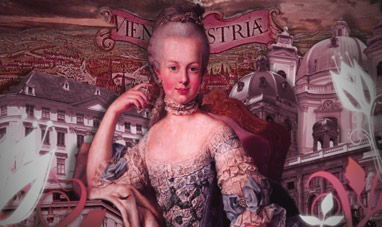

MARIE ANTOINETTE


TUTANKHAMEN


ALEKSANDR LITVINENKO


MARTIN LUTHER KING
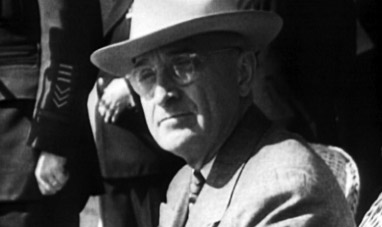

HARRY TRUMAN
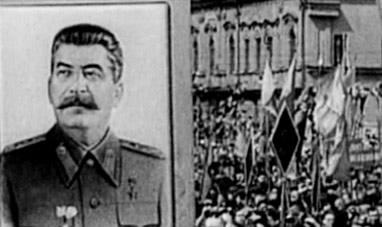

STALIN
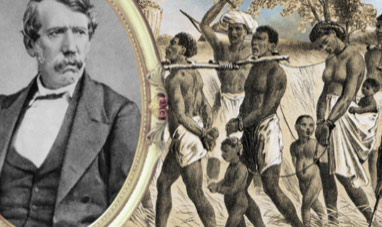

LIVINGSTONE, DAVID
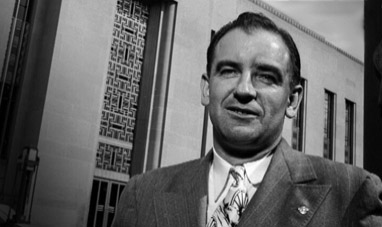

JOSEPH MCCARTHY
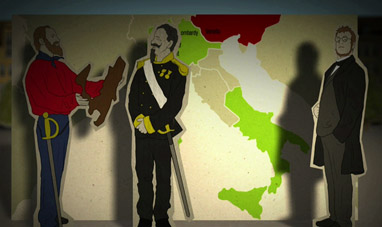

CAMILLO BENSO, COUNT OF CAVOUR
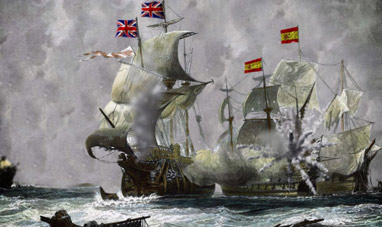

FRANCIS DRAKE
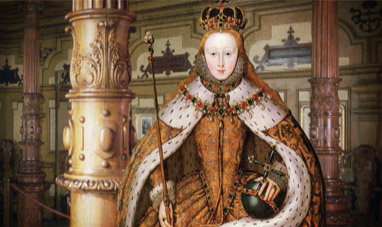

ELIZABETH I


RUHOLLAH KHOMEINI
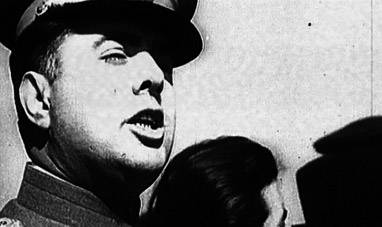

ENVER HOXHA
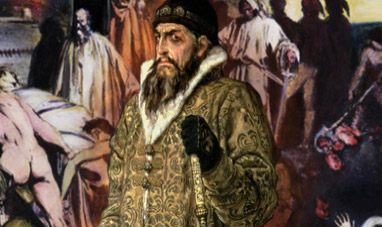

IVAN THE TERRIBLE
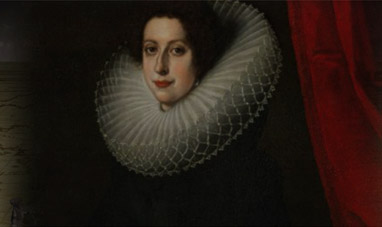

CATHERINE DE MEDICI
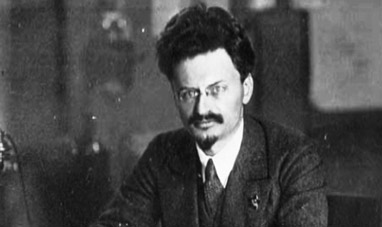

TROTSKY
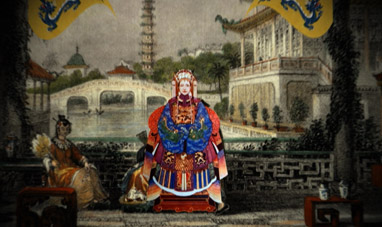

CIXI, DOWAGER EMPRESS OF CHINA
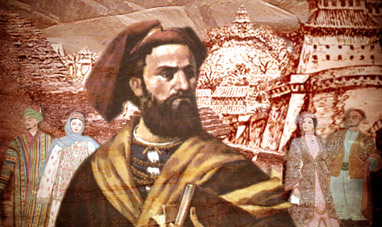

MARCO POLO
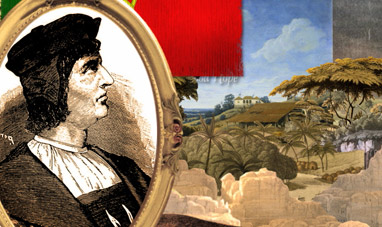

BARTOLOMEU DIAS
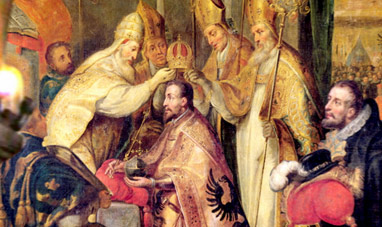

FREDERICK II, HOLY ROMAN EMPEROR
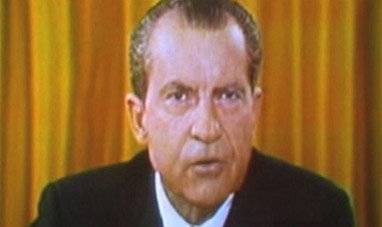

RICHARD NIXON


PERICLES
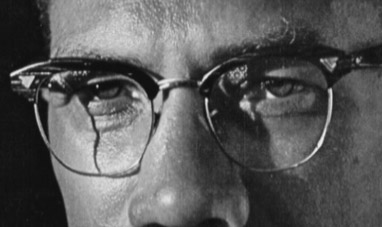

MALCOLM X


JOHN EDGAR HOOVER
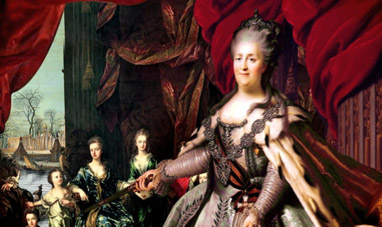

CATHERINE THE GREAT


REINHARD GEHLEN
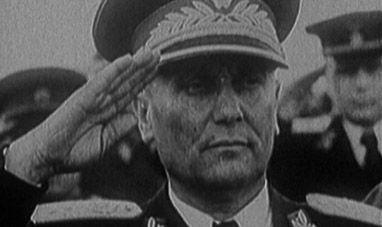

JOSIP BROZ TITO
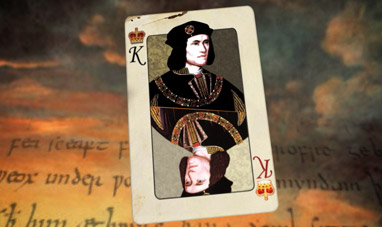

RICHARD III
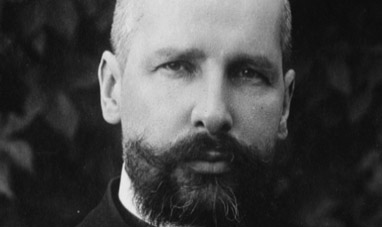

PYOTR STOLYPIN


ENZO FERRARI
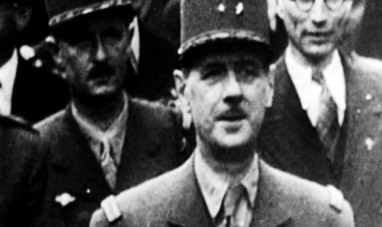

CHARLES DE GAULLE


CECIL RHODES
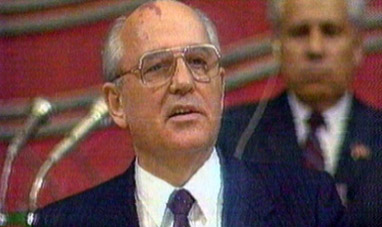

MIKHAIL GORBACHEV
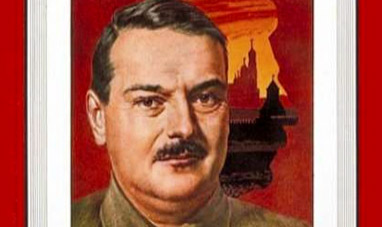

ANDREI ZHDANOV
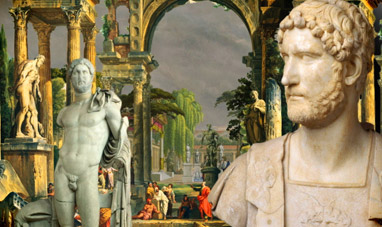

HADRIAN
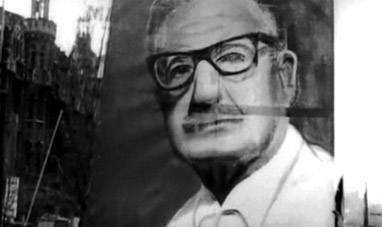

SALVADOR ALLENDE
